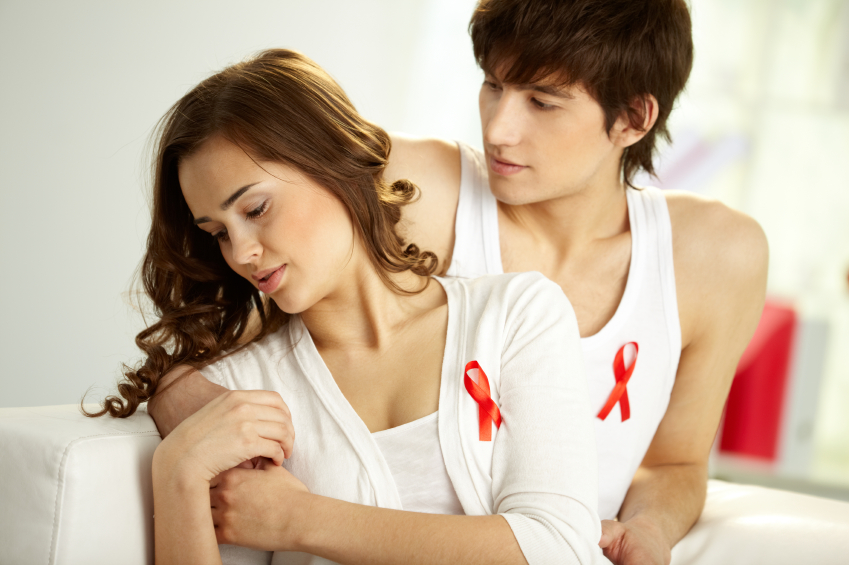Addiction Treatment With Primary Care Produces Results in HIV Patients

(This content is being used for illustrative purposes only; any person depicted in the content is a model)
Author: Shernide Delva
The Boston Medical Center has created a program that integrates treatment for addiction with treatment for patients with or at risk for HIV. Results from the program show that combining the two treatments lower patient’s substance dependence and encourage them to engage in treatment. The findings are published online in the Journal of Substance Abuse Treatment.
As we know, HIV can only be transmitted through exchange of bodily fluids like:
- Blood
- Semen (cum)
- Pre-seminal fluid (pre-cum)
- Rectal fluids
- Vaginal fluids
- Breast milk
Injection drug use is the third most frequently reported risk factor for HIV injection in the United States. Since the heroin epidemic is so significant, HIV from needles is a legitimate concern. The article also states that even those who do not use needles are at risk. Those who use drugs like alcohol, cocaine, and methamphetamine are also at a higher risk of contracted the disease because those drugs hinder their inhibitions and result in unsafe sexual behavior.
The patient population often seeks care for their symptoms in emergency rooms where they may be treated by a physician who does not know their medical history, explained Alexander Waily, MD,
“We know that this patient population often seeks care in emergency rooms where they see physicians who may not know their medical history. As a result, unhealthy drug and alcohol use often goes un-addressed. Our model aims to integrate evidence-based addiction treatment into primary care.”
In the study, 265 participants were enrolled in BMC’s Facilitated Access to Substance Abuse Treatment with Prevention and Treatment for HIV (FAST PATH). FAST PATH was comprised of two specialized health are teams that work to address addiction and substance abuse issues.
The subjects evaluated were all dependent on drugs and alcohol for at least one year and were either infected with HIV or at high risk for contracting HIV. Those considered high risk had displayed high-risk sexual activity such as having sex with an HIV-infected person.
The program incorporated the use of nurses, patient physician, and addiction counselor which assessments of depression, poly substance use and homelessness. HIV risk reduction and overdose prevention counseling. Additionally, the program utilized physicians, nurses, and addiction counselors and made assessments on patient’s depression, poly substance use, and homelessness.
Throughout the program, participants had access to weekly addiction appropriate for medication-assisted treatment could receive a prescription for buprenorphine, a medication used to combat opioid addiction. After six months of participation, patients were reassessed.
The results showed that substance dependence dropped to 49 percent in six month during the program and 64 percent made two visits in the 14 days and two additional visits in the next 30 days. These are very promising results that could guide the way in organizing better treatment options for high risk patients.
“Given depression’s association with adverse health outcomes in this patient population, including mental health treatment in primary care holds potential to improve addiction treatment outcomes,” Walley said. “Understanding the behaviors of these patients and determining which group is more likely to engage in addiction treatment will help us target, tailor, and improve our efforts moving forward.”
Despite the strides in educating the public on the risk of contracting HIV/AIDS, drug abuse and addiction continue to be linked with the construction of HIV/AIDS since the epidemic began decades ago. The link is due to the heighten risk that intravenous needs have on transmitting HIV and worsening the consequences of addiction.
Considering the headlines made recently about the rise in medication, its encouraging to see other treatment options available to those with HIV infections. If you have an addiction and are struggling with a disease, seek professional advice. If you or someone you love is struggling with substance abuse or addiction, please call toll-free 1-800-777-9588.
